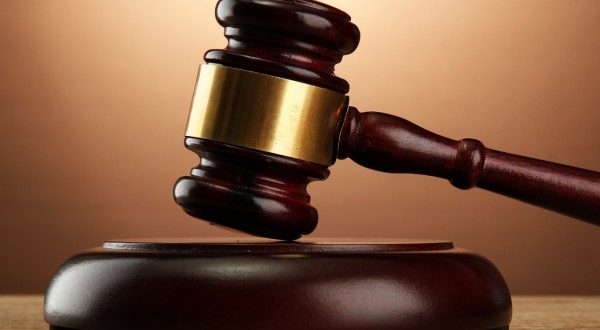The High Court has temporarily suspended the public participation process on the Draft Private Security Regulations 2025 following an urgent application filed by the Security Academy.
The court’s decision comes amid concerns that the public was given insufficient notice and too little time to review and provide meaningful feedback on the proposed regulations. Public participation had been scheduled to begin on November 21, 2025, just three days after the notice was published on the MYGOV platform.
In her ruling, Lady Justice Roselyne Aburili acknowledged the urgency of the application filed on November 19, 2025. She noted that the tight timeline undermined the public’s ability to engage effectively. The court granted leave for a judicial review, stating that the application raised an arguable issue and was neither frivolous nor hopeless.
“Accordingly, I hereby order that the leave so granted shall operate as a stay of the implementation of the public participation notice issued and published on 18th November 2025, in MYGOV publication, as sought,” Justice Aburili ruled.
The respondents in the case include the Cabinet Secretary for Interior, the Private Security Regulatory Authority, the National Assembly, the National Treasury, and the Attorney General. The Security Academy argued that the three-day consultation window was insufficient for the public to meaningfully review the draft regulations, which comprise over 50 pages across four distinct sets.
Additional concerns were raised over the notice being published solely on MYGOV, limiting public access. Some residents in remote areas, including Wajir and Mandera, would have faced long travel distances to participate in meetings, creating financial and logistical challenges.
The applicant also challenged aspects of the proposed Private Security Fidelity Levy, asserting that it exceeds the legal authority of the respondents. The judicial review seeks declarations that the notice violates Articles 10 and 27 of the Constitution, which guarantee transparency, accountability, good governance, and public participation in governance processes.

